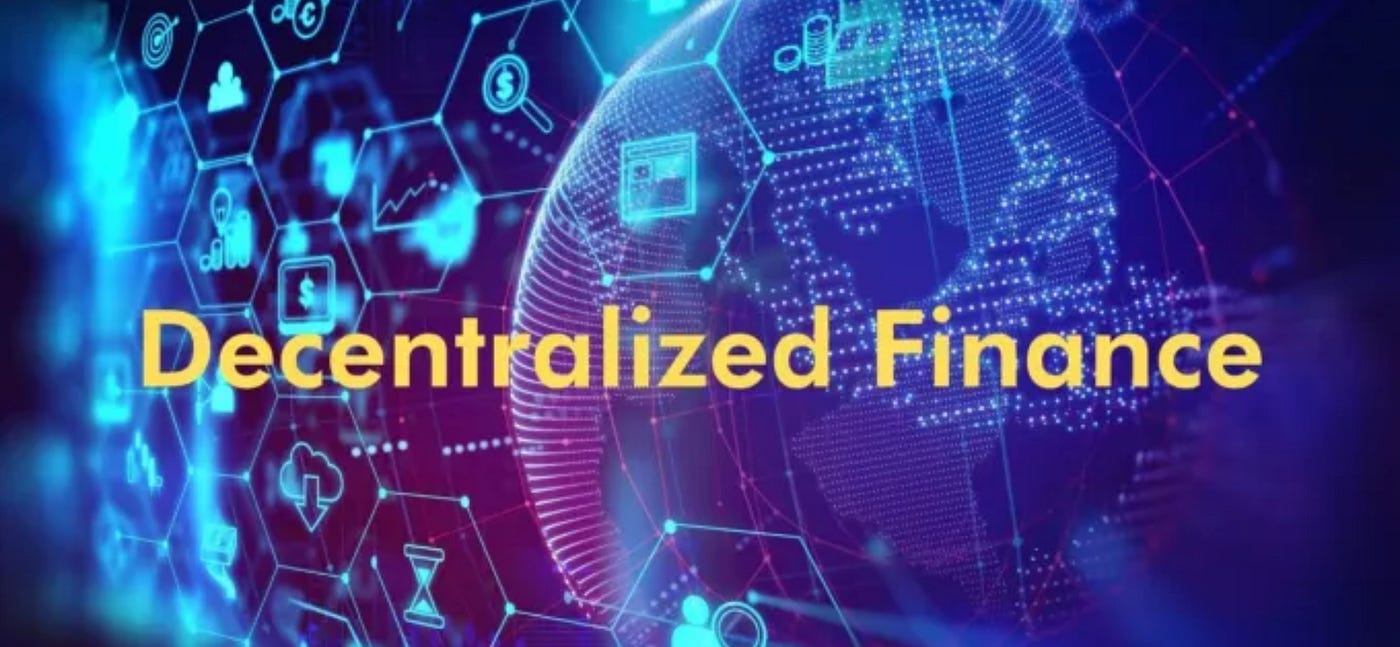Unlocking Financial Freedom: Exploring Decentralized Finance (DeFi)
Decentralized finance, or DeFi, has emerged as a revolutionary force in the world of finance, offering new opportunities for financial inclusion, innovation, and empowerment. Built on blockchain technology and smart contracts, DeFi platforms enable peer-to-peer transactions, lending, borrowing, and trading without the need for traditional financial intermediaries. In this comprehensive guide, we delve into the intricacies of decentralized finance, exploring its key principles, applications, and potential impact on the future of finance.
Understanding Decentralized Finance (DeFi)
Definition and Concept
Decentralized finance (DeFi) refers to an ecosystem of financial applications and services built on decentralized networks, such as blockchain. Unlike traditional finance, which relies on centralized institutions like banks and brokers, DeFi operates on open, permissionless protocols, allowing anyone with an internet connection to access financial services.
Key Principles
Key principles of decentralized finance include transparency, accessibility, interoperability, and censorship resistance. DeFi platforms leverage blockchain technology to provide transparent, auditable, and verifiable financial transactions while enabling global access to financial services without the need for intermediaries.
Applications of Decentralized Finance
Decentralized Exchanges (DEXs)
Decentralized exchanges (DEXs) enable peer-to-peer trading of digital assets without the need for centralized intermediaries. By leveraging smart contracts, DEXs provide users with greater control over their assets, lower trading fees, and reduced counterparty risk compared to traditional exchanges.
Decentralized Lending and Borrowing
DeFi platforms facilitate peer-to-peer lending and borrowing of digital assets through smart contracts. Users can earn interest by providing liquidity to lending pools or borrow assets by collateralizing their holdings, all without the need for a traditional bank or credit check.
Yield Farming and Liquidity Mining
Yield farming and liquidity mining involve staking or providing liquidity to DeFi protocols in exchange for rewards, such as tokens or interest. These mechanisms incentivize users to participate in the DeFi ecosystem and contribute to the liquidity and growth of decentralized finance platforms.
Benefits and Challenges of Decentralized Finance
Benefits
- Financial Inclusion: DeFi enables individuals worldwide to access financial services, regardless of their geographic location or socioeconomic status.
- Transparency and Security: Transactions on DeFi platforms are transparent, auditable, and secured by blockchain technology, reducing the risk of fraud and manipulation.
- Innovation and Experimentation: DeFi fosters innovation by enabling developers to experiment with new financial products and services in a permissionless environment.
Challenges
- Regulatory Uncertainty: DeFi operates in a rapidly evolving regulatory landscape, with uncertainty surrounding compliance, taxation, and legal frameworks.
- Security Risks: Smart contract vulnerabilities, hacks, and exploits pose security risks to DeFi platforms and users, highlighting the importance of robust security measures and audits.
- Scalability and Usability: Scalability and usability remain challenges for DeFi, with concerns about network congestion, high transaction fees, and user experience hindering mainstream adoption.
The Future of Decentralized Finance
As decentralized finance continues to evolve and mature, it holds the potential to transform the global financial system, democratize access to financial services, and empower individuals to take control of their financial future. By embracing innovation, collaboration, and responsible development practices, the DeFi ecosystem can unlock new opportunities for financial inclusion, innovation, and prosperity.







